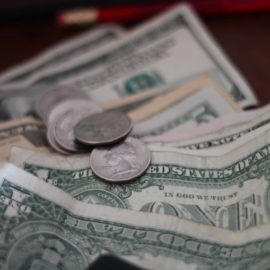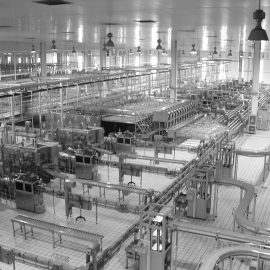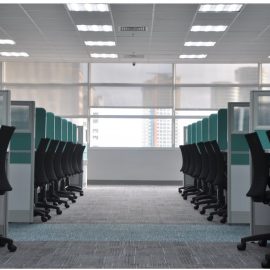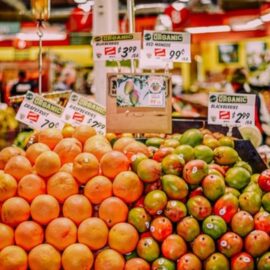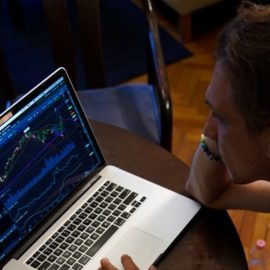
What is the economic cycle? What happens during this type of business cycle?
According to Howard Marks, the economy experiences cyclical swings as it expands and contracts. These swings lead to long-term economic fluctuations due to shifts in productivity and net hours worked, as well as short-term fluctuations due to changes in spending patterns.
Keep reading to learn more about how the economic cycle works and how it can affect your business.
The Economic Cycle
What is the economic cycle and how does it occur? Regarding long-term change, Marks points out that the gross domestic product (GDP)—the value of all goods and services produced per year—varies depending on the total hours worked and the productivity of those hours. He explains that consequently, the GDP undergoes long-term swings due to changes in birth rate, as a higher birth rate at one point in time will cause a spike in total hours worked several decades later. In the US, for example, although GDP increases on average 2-3% per year, it’s subject to long-term cycles that mirror cycles in birth rates.
(Shortform note: In the US, the impact of birth rate is most obvious through the baby boomers—those born between 1946 and 1964, in the wake of World War II. Experts relate that the high birth rate of baby boomers corresponded with high economic growth in the subsequent decades. However, the upshot is that as baby boomers have begun retiring in droves, the economies of many countries are under strain as many boomers leave the workforce, decreasing total hours worked.)
Regarding short-term change, Marks notes that the economy can fluctuate sharply on a yearly basis even though it trends upward over time. He writes that these fluctuations occur because consumers’ spending habits are fickle—for example, if the government were to issue stimulus checks, that would temporarily cause a spike in spending that jolts the economy. By contrast, if political unrest in a region were to cause consumers to worry, they might be less likely to spend, causing a short-term economic slowdown.
(Shortform note: One noteworthy example of short-term economic change stemmed from the Covid-19 pandemic, which health officials estimate caused around 15 million deaths worldwide. According to experts, the pandemic was responsible for the global economy shrinking about 4% in 2020 alone, costing some $3 trillion. In the US in particular, the second quarter of 2020 saw consumer spending drop almost 10%, though it ultimately rebounded by 2021.)

